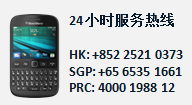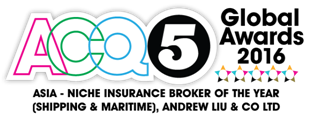Loading South American vegetable oils
Loading vegetable oils at Argentinean ports and the advice obtained both from Argentina and from China, the intended country of discharge, is worth summarizing.
At the load port, an empty and full ullage survey of the relevant tanks should be carried out by an independent surveyor appointed by owners or their P&I Club.
Masters should ensure that mates receipts are signed only after completion of loading and after ullaging. Argentinean shippers often seek to put pressure on masters to sign mates receipts before all cargo is on board.
Though Argentinean customs require that bills of lading show the shore weights - that being the figure on which customs duties will be paid - Argentinean law does permit the master to annotate the mates receipts and bills of lading with the ship's own figures of the quantity of cargo loaded where the master has reasonable doubts over the shipper figures.
Argentinean shippers will often put pressure on the master to accept a difference of 0.3% as being acceptable and this is, apparently, accepted as being a customary allowance by the Argentinean customs authorities. However, if there is a shortage, the authorities at the discharge ports may not accept ant trade allowance.
Shippers may sometimes offer a joint ullaging of shore tanks as an alternative to the master's measurement of ships tanks but this to be avoided. Equally, the inclusion in the charterparty of any term requiring the ship to issue clean bills of lading stating only shore figures is also to be avoided.
In China, the advice was that some courts accept a trade allowance - and where they do it is more usually 0.3% - but others do not. There is no general practice accepted in all courts.
Chinese law does allow a master to annotate a bill of lading to show the ships figures and does give the master protection against claimants where he has done so and the actual quantity of cargo discharged in China is greater than or equal to the ships figures annotated on the bill of lading.
Chinese law also protects the master's right to annotate a bill of lading if he has reason to doubt the shippers declared figure or if he did not have the reasonable means of checking it. The master may, however, have to state on the bill of lading the reasons for his doubt or the circumstances in which he was unable to check the shippers figure.





